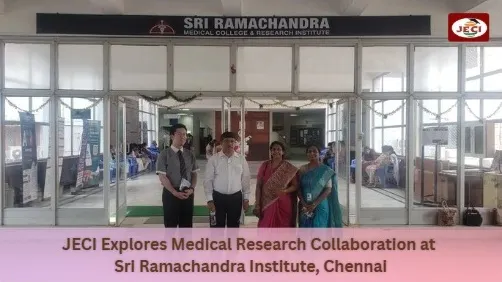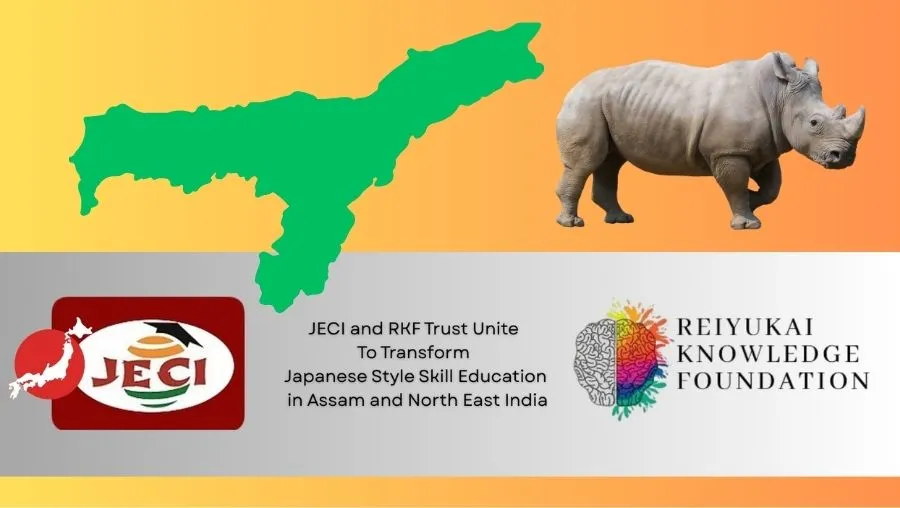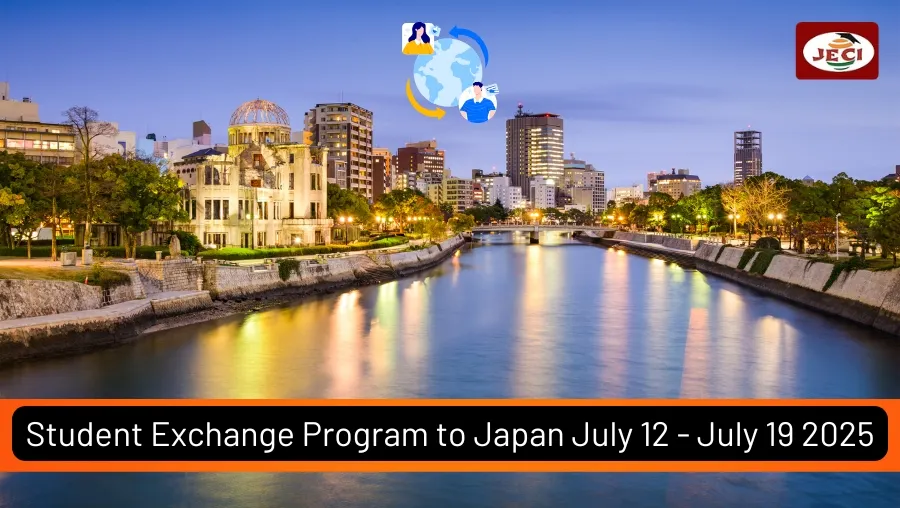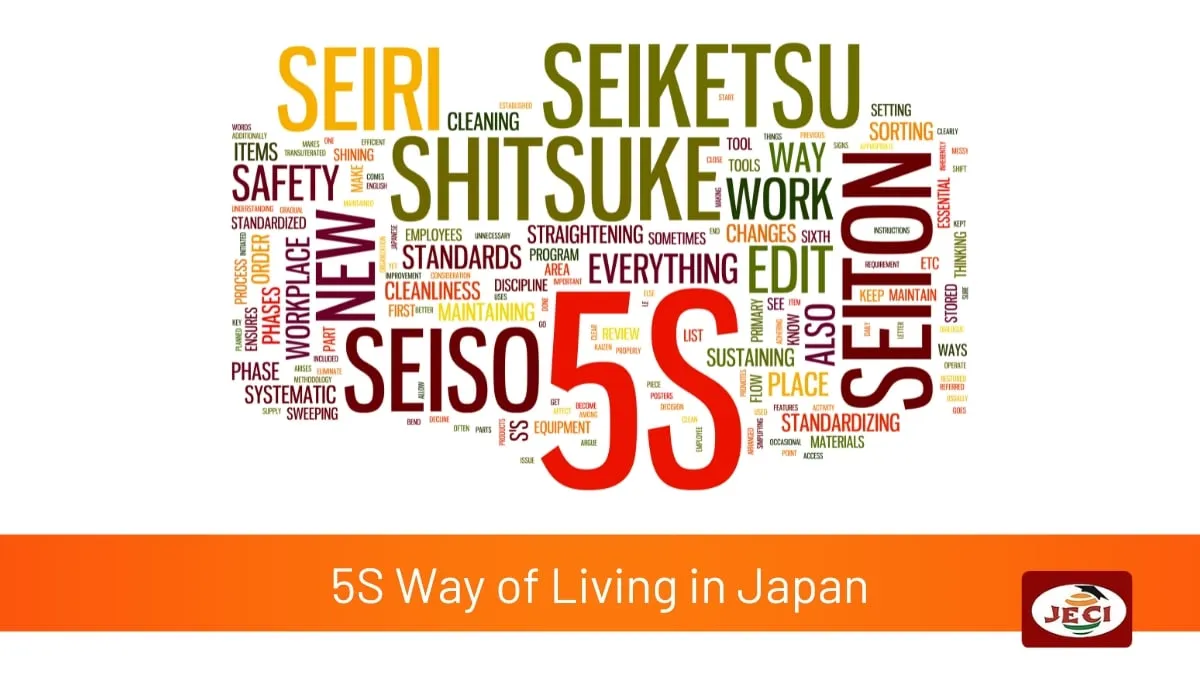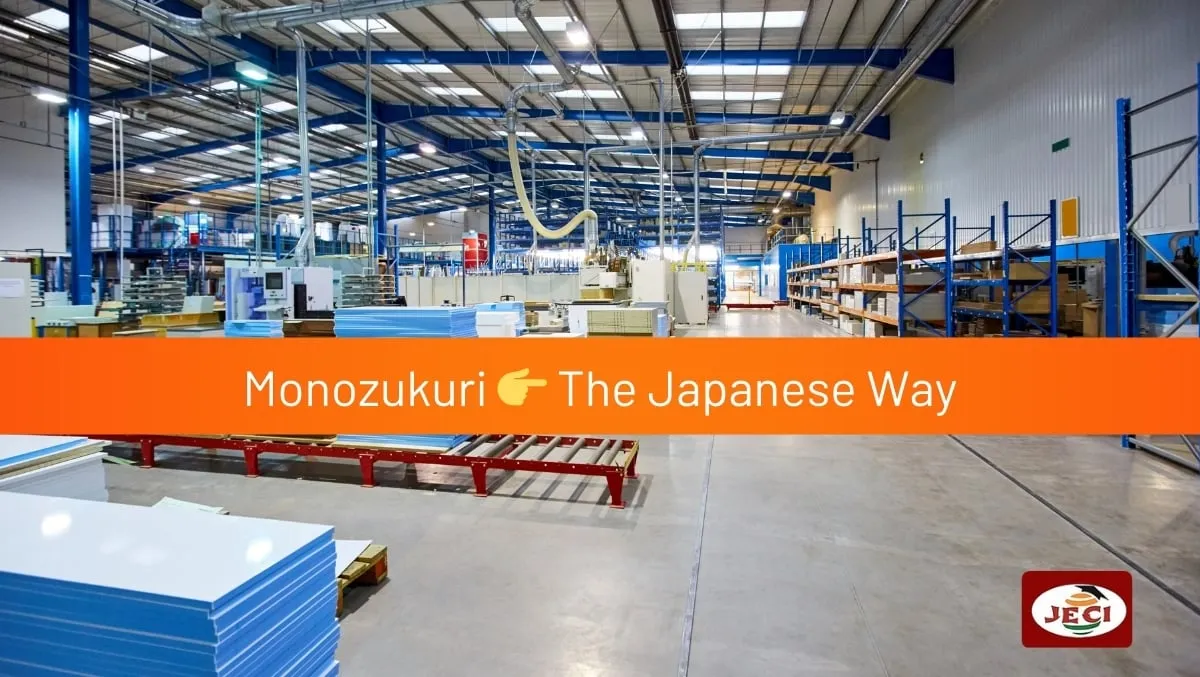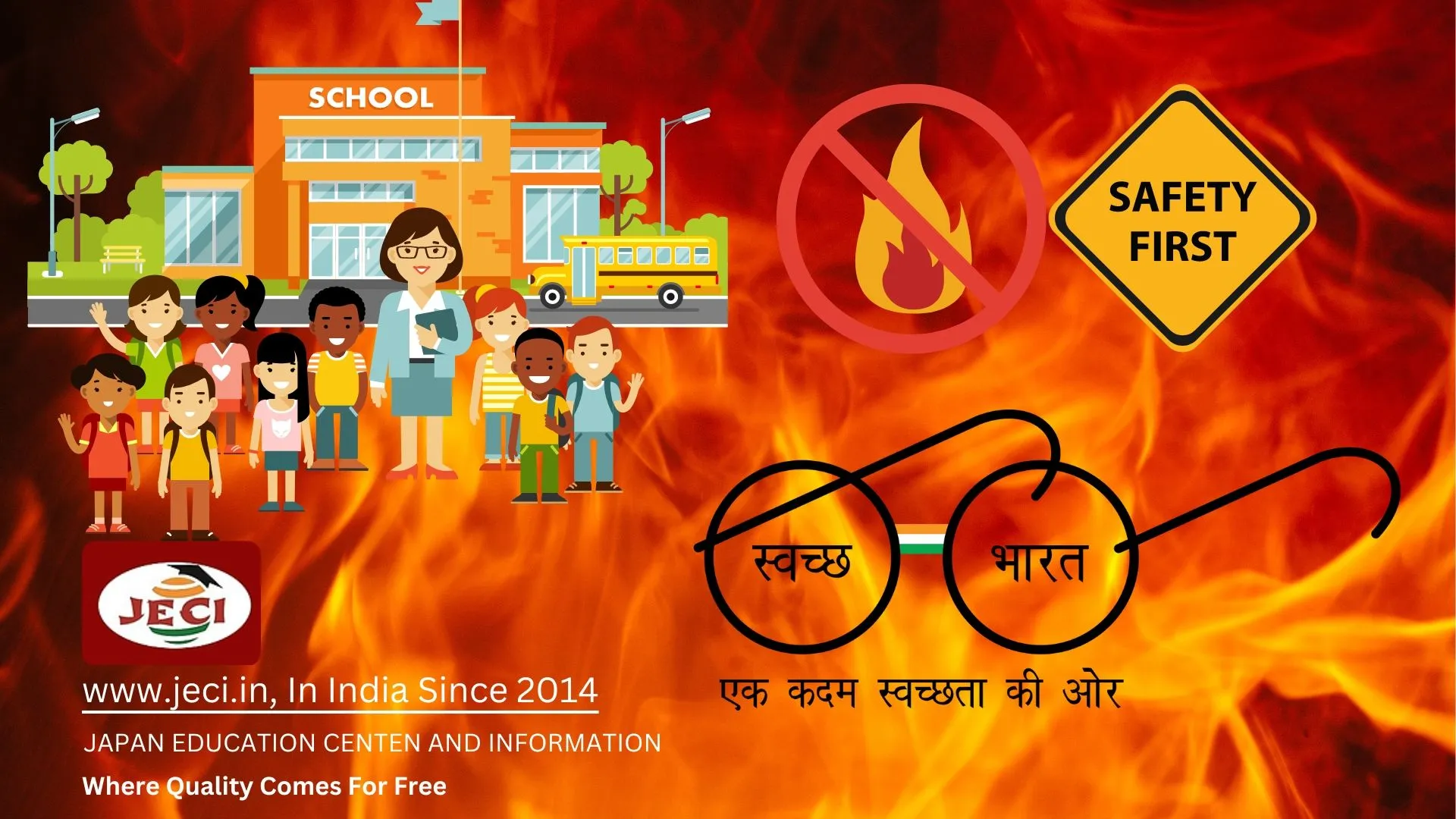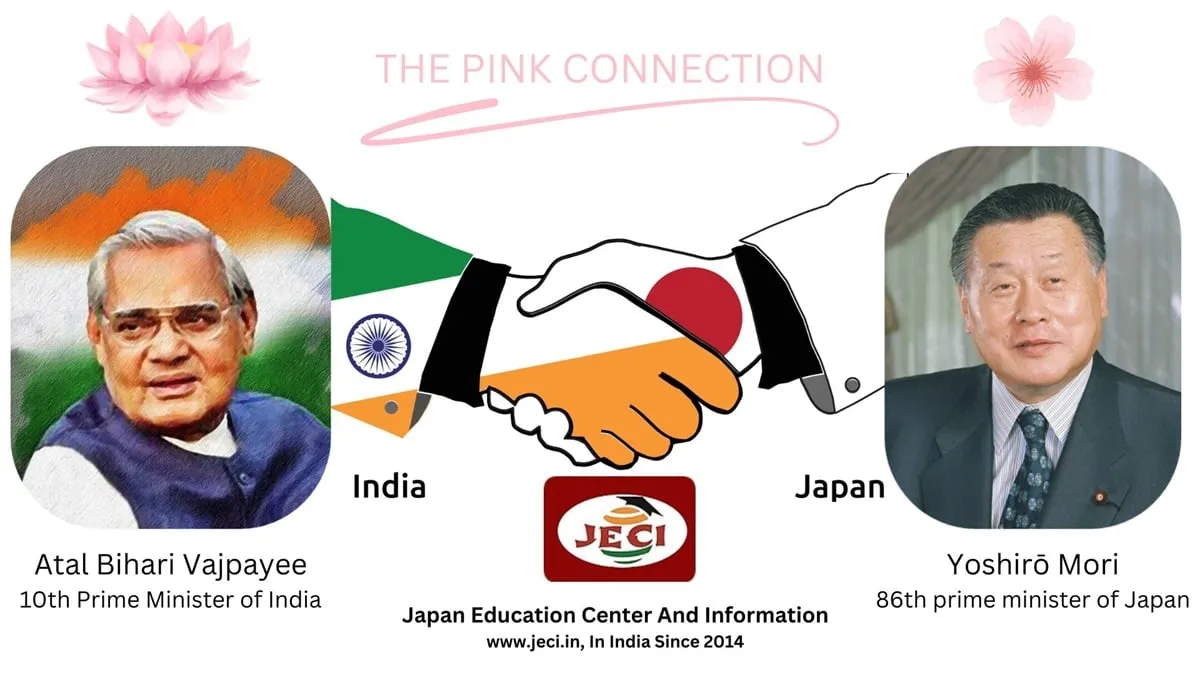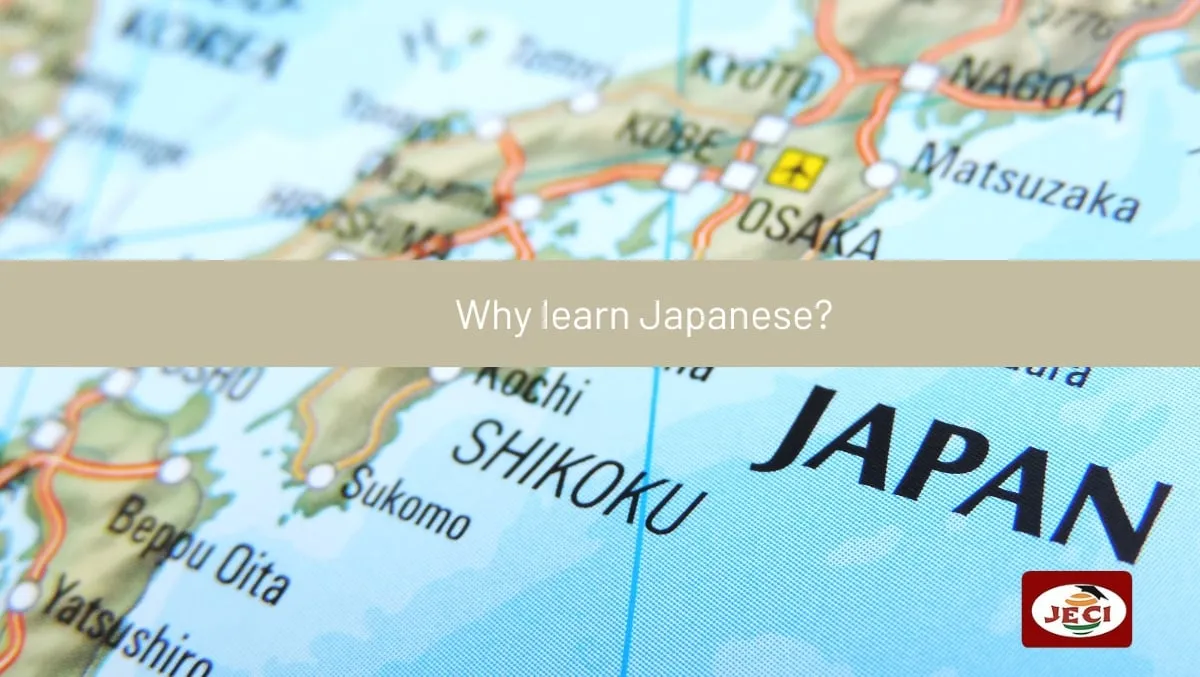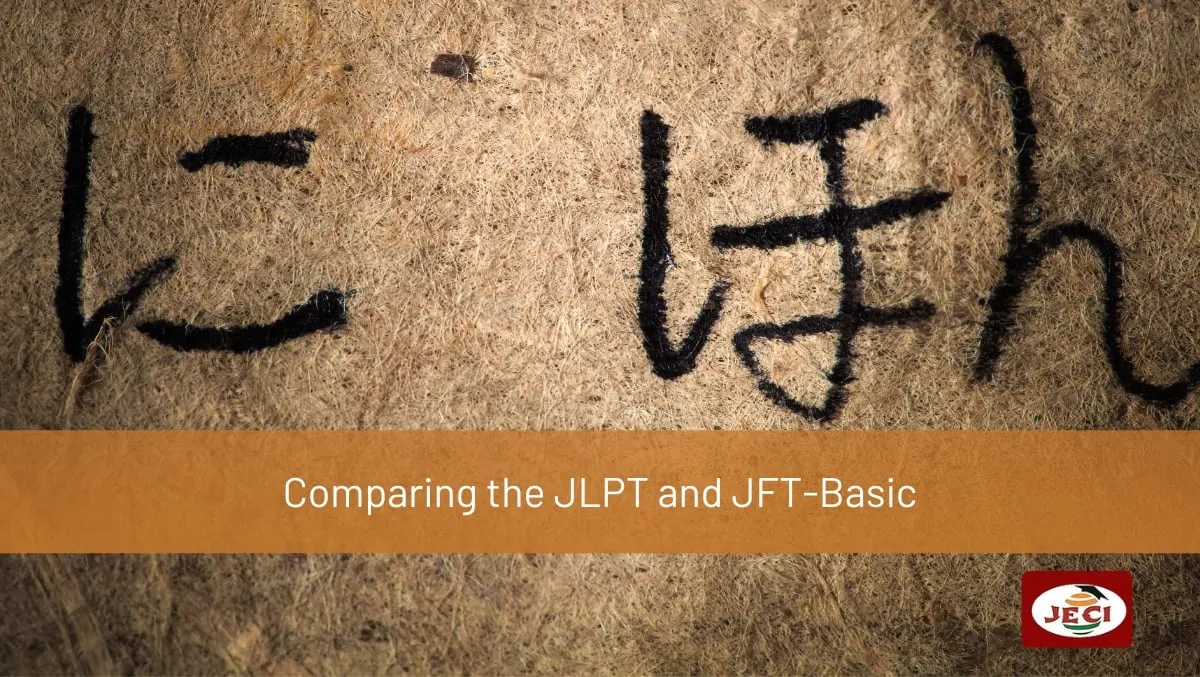Japan's Exceptional School Lunch Program: A Model for Nutrition, Education, and Independence.
95.2% of Japanese elementary schools and junior high schools provide exceptional school lunches, consumed in classrooms, garnering international attention. Media outlets report on the educational significance, generating views and comments. Japan successfully addresses challenges, providing safe and nutritious lunches at an affordable cost, setting a commendable standard.
According to a 2018 survey by the Ministry of Education, Culture, Sports, Science and Technology, 95.2% of schools in Japan (30,092 schools) provide school lunches. Additionally, 68.0% of evening high schools offer school meals, and some full-time high schools have recently begun to provide lunches, indicating a growing trend.
1. Features of Japanese School Lunches:
a. Unlike other countries, Japanese school lunches are made from scratch in the schools, ensuring hygiene and nutrition management. While the School Lunch Program Act provides basic guidelines, regulations are minimal, but many schools employ nutritionists to create balanced menus prioritizing nutritional balance.
b. Japanese school lunches are also affordable, with a monthly fee of 4,343 yen for elementary schools and 4,941 yen for junior high schools, according to a 2018 survey. This low cost enables the provision of highly nutritious meals, which positively impacts children's health and contributes to Japan's high life expectancy and low obesity rates.
c. During lunch, Japanese students serve themselves and clean up with minimal staff assistance, a cultural norm that promotes independence, autonomy, and responsibility. This practice has drawn international attention as an innovative approach to fostering valuable life skills that extend beyond the classroom.
2. Japan's Shokuiku dietary education is globally renowned, deeply ingrained in the educational system. Unlike other countries, Japan prioritizes school lunches as an integral part of education, not just welfare. The concept of learning through food is widespread, recognized by the Basic Act on Shokuiku (2005) as the foundation of human life, crucial to intellectual, moral, and physical education, playing a vital role in childhood education from infancy onwards.
Specifically, the following principles are stipulated:
* Shokuiku (food and nutrition education) aims to promote citizens' well-being and humanity by enabling informed dietary decisions and healthy habits.
* Promoting shokuiku involves helping citizens appreciate the natural benefits of their diet and supporting activities, fostering deeper understanding and gratitude.
Thank you,
Capt. Raj Adhikary.
Explore www.jeci.in to discover Japan Skill Excellence Centers for K-12 schools, Higher Education, and Vocational Training Institutes.
#school #lunch #japan #lifeskill #excellence #quality #food #healthyliving

